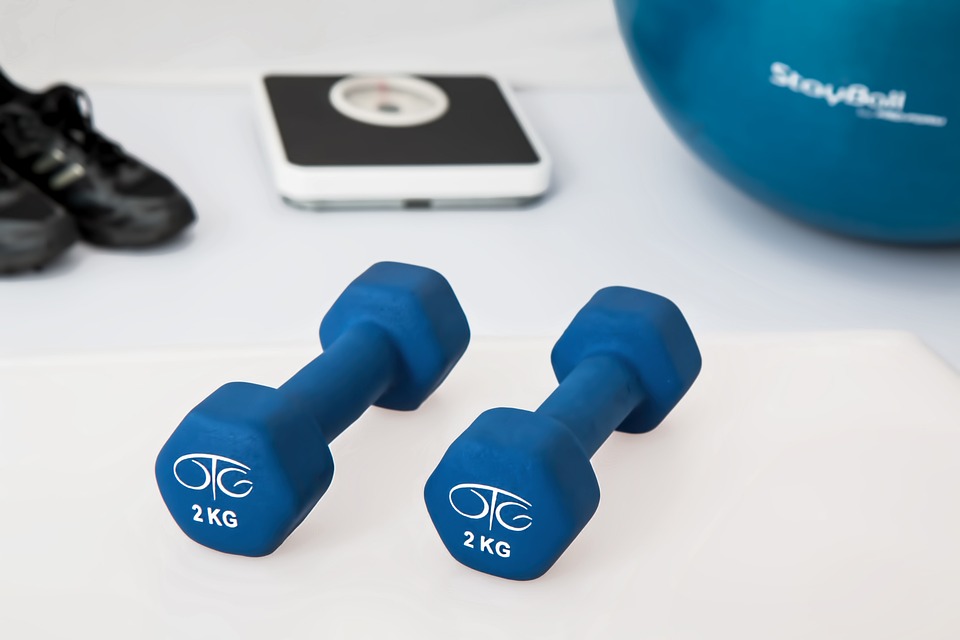Understanding Calories: The Basics of Energy Intake and Weight Management
Introduction
In the world of nutrition and weight management, calories play a crucial role. They are often the subject of discussion and debate, but how well do we really understand them? In this article, we will delve into the basics of energy intake and weight management, demystifying calories and shedding light on their significance. Whether you are looking to lose weight, maintain a healthy lifestyle, or simply gain a better understanding of nutrition, this article will provide you with the knowledge you need.
What are Calories?
Calories are a unit of measurement used to quantify the energy content of food and beverages. They represent the amount of energy required to raise the temperature of one kilogram of water by one degree Celsius. When we consume food, our bodies break it down and convert it into energy to fuel various bodily functions, such as breathing, digestion, and movement. This energy is measured in calories.
Energy Intake
Energy intake refers to the number of calories we consume through food and beverages. It is essential to maintain a balance between the calories we consume and the calories we burn through physical activity and bodily functions. When we consistently consume more calories than our bodies need, the excess energy is stored as fat, leading to weight gain over time. On the other hand, if we consume fewer calories than our bodies require, we create an energy deficit, forcing our bodies to utilize stored fat for energy, resulting in weight loss.
Weight Management
Weight management is the process of maintaining a healthy body weight by balancing energy intake and energy expenditure. It involves understanding and monitoring the number of calories consumed and burned, as well as making informed choices about the types of foods we eat. To lose weight, it is necessary to create a calorie deficit by consuming fewer calories than we burn. Conversely, to gain weight, we need to consume more calories than we expend. By carefully managing our calorie intake, we can achieve and maintain a healthy weight.
The Role of Calories in Weight Loss
When it comes to weight loss, the fundamental principle is creating a calorie deficit. This can be achieved through a combination of reducing calorie intake and increasing physical activity. By consuming fewer calories, the body starts to tap into its fat stores for energy, resulting in weight loss. However, it is important to strike a balance and not drastically reduce calorie intake, as this can lead to nutrient deficiencies and other health issues. Gradual and sustainable weight loss is generally recommended for long-term success.
Understanding Caloric Needs
Every individual has unique caloric needs based on factors such as age, gender, weight, height, and activity level. Calculating your basal metabolic rate (BMR), which is the number of calories your body needs at rest, is a good starting point. From there, you can determine your Total Daily Energy Expenditure (TDEE) by factoring in your activity level. This will give you an estimate of the number of calories you need to maintain your current weight. To lose weight, you can create a calorie deficit by consuming fewer calories than your TDEE, while to gain weight, you can consume more calories.
Frequently Asked Questions (FAQs)
Q: How many calories should I consume in a day?
A: The number of calories you should consume in a day depends on various factors such as your age, gender, weight, height, and activity level. Calculating your basal metabolic rate (BMR) and factoring in your activity level can give you an estimate of your Total Daily Energy Expenditure (TDEE), which is the number of calories you need to maintain your current weight. To lose weight, you can consume fewer calories than your TDEE, while to gain weight, you can consume more.
Q: Are all calories the same?
A: While all calories provide energy, they are not necessarily the same in terms of nutritional value. Foods that are nutrient-dense, such as fruits, vegetables, whole grains, and lean proteins, provide essential vitamins, minerals, and fiber along with calories. On the other hand, foods that are calorie-dense but low in nutrients, such as sugary beverages and processed snacks, may lead to weight gain without providing substantial nutritional benefits.
Q: Can I lose weight without counting calories?
A: While counting calories can be a helpful tool for weight management, it is not the only approach. Some individuals find success by focusing on making healthier food choices, practicing portion control, and being mindful of their eating habits. By adopting a balanced and nutritious diet, engaging in regular physical activity, and listening to your body’s hunger and fullness cues, you can achieve weight loss without strictly counting calories.
Q: Do calories consumed at different times of the day affect weight gain differently?
A: While the timing of calorie consumption does not directly impact weight gain, it can indirectly influence weight management. Some studies suggest that distributing calories evenly throughout the day, rather than consuming large meals at night, may have a positive effect on weight control and metabolism. Additionally, paying attention to portion sizes and the overall quality of the food consumed remains key, regardless of the timing.
Q: Can exercise alone help me lose weight?
A: Exercise plays a significant role in weight management, as it helps burn calories and build muscle. However, weight loss is best achieved through a combination of a balanced diet and regular physical activity. By creating a calorie deficit through both dietary changes and exercise, you optimize your chances of successful weight loss and long-term weight management.
To learn more about understanding calories and managing weight, you can visit this informative article on Healthline.
In conclusion, understanding calories is crucial for effective weight management. By grasping the basics of energy intake, calculating your caloric needs, and making informed choices about the types of foods you consume, you can achieve and maintain a healthy weight. Remember, weight management is a journey, and it is important to prioritize gradual and sustainable changes that promote overall well-being.




